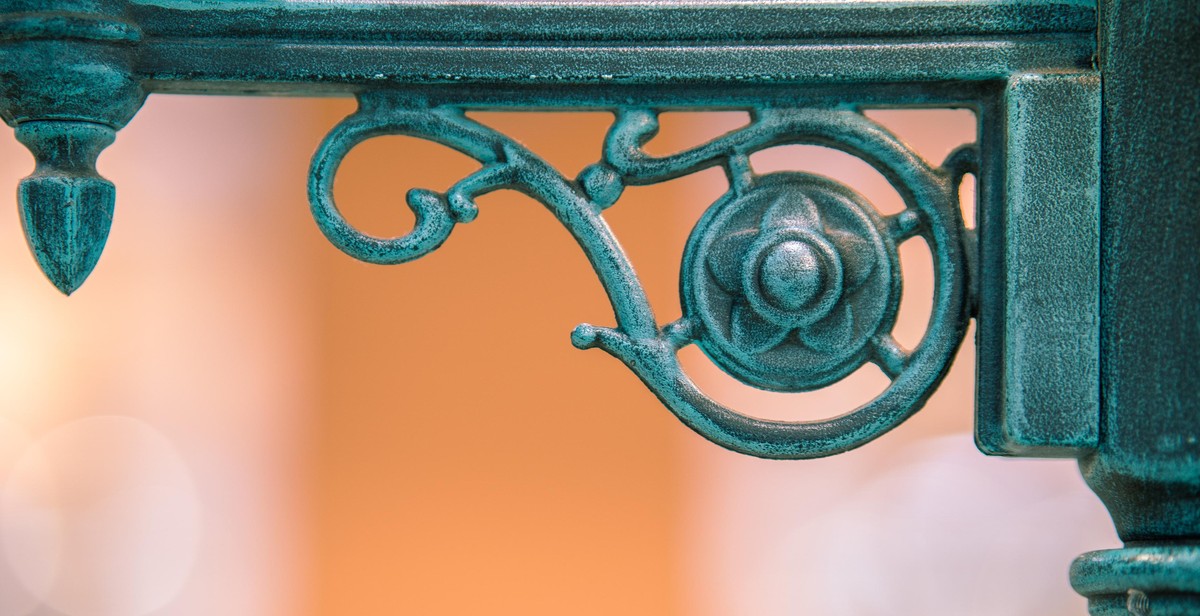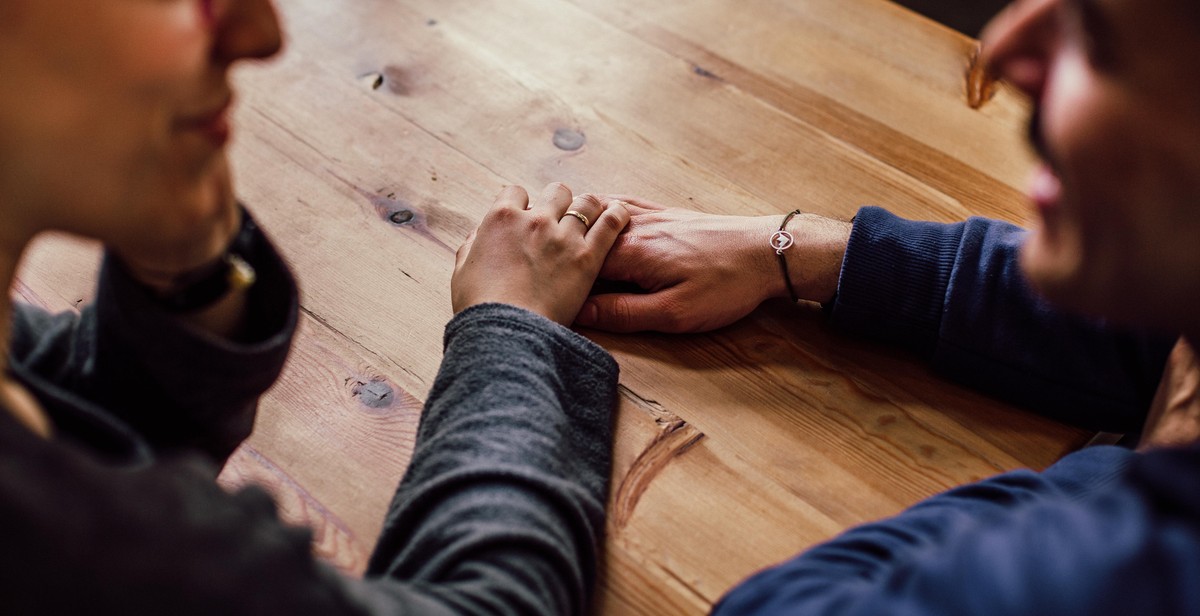What Does ‘Your Type’ Say About You? Unraveling Dating Patterns
Have you ever found yourself attracted to a certain type of person? Maybe you have a thing for tall, dark, and handsome individuals, or perhaps you tend to go for people who are outgoing and adventurous. Whatever your preferences, it’s likely that you have a “type” when it comes to dating.
But why do we have a type? And what does it say about us? These are questions that researchers and psychologists have been exploring for years.
Why Do We Have a ‘Type’?
One theory is that we are drawn to certain characteristics in others because they reflect something about ourselves. For example, if you are an outgoing person, you might be more likely to be attracted to someone who is also outgoing and sociable.
Another possibility is that we develop a type based on past experiences and relationships. If you have had positive experiences with people who share certain traits, you may be more likely to seek out those traits in future partners.
But regardless of the reasons behind it, understanding your dating patterns can provide valuable insights into your own psychology and relationship preferences.

The Psychology Behind ‘Types’
When it comes to dating, many people have a ‘type’. This is the kind of person that they are consistently attracted to and tend to pursue in relationships. While it may seem like just a personal preference, there is actually a lot of psychology behind why we have types.
Attachment Theory and Your Type
Attachment theory suggests that our early experiences with caregivers shape our attachment style, which in turn influences our adult relationships. If you had a secure attachment with your caregivers, you may be more likely to have a secure attachment style in your romantic relationships. This could mean that you tend to seek out partners who are dependable and trustworthy.
On the other hand, if you had an insecure attachment with your caregivers, you may be more likely to have an anxious or avoidant attachment style in your romantic relationships. This could mean that you tend to pursue partners who are emotionally unavailable or have a fear of intimacy.
The Role of Past Experiences
In addition to attachment theory, our past experiences also play a role in shaping our dating patterns. For example, if you have had a string of unsuccessful relationships with a certain ‘type’ of person, you may be more cautious about pursuing that type in the future. Alternatively, if you have had a positive experience with a certain ‘type’ of person, you may be more likely to seek out similar partners in the future.
The Influence of Media and Society
Finally, the media and society also play a role in shaping our dating patterns. We are constantly bombarded with images of what an ideal partner should look like or act like, and this can influence our preferences. For example, if you are constantly exposed to images of tall, muscular men or thin, conventionally attractive women, you may be more likely to seek out partners who fit those physical characteristics.
Similarly, societal norms and expectations can also shape our dating patterns. For example, if you come from a culture that values arranged marriages, you may be more likely to choose a partner based on factors such as family background or financial stability, rather than personal compatibility.
Conclusion
Overall, our dating patterns and ‘types’ are influenced by a complex interplay of factors, including our attachment style, past experiences, and societal expectations. By understanding these underlying factors, we can gain a better understanding of ourselves and our preferences, and make more informed choices in our romantic relationships.

What Your Type Says About You
When it comes to dating, we all have a certain “type” that we are attracted to. Whether it’s tall, dark, and handsome or someone with a great sense of humor, our preferences can say a lot about our values, personality traits, emotional needs, insecurities, and communication style.
Your Values and Personality Traits
Our preferences for certain physical features and personality traits can be a reflection of our own values and personality. For example, if you are attracted to someone who is highly ambitious and driven, it could be because you value hard work and determination in your own life. If you are drawn to someone who is more laid-back and easy-going, it could be because you value a more relaxed and carefree lifestyle.
Similarly, if you are attracted to someone who is outgoing and extroverted, it could be because you are also a social and outgoing person. On the other hand, if you are attracted to someone who is more introverted and introspective, it could be because you value a deeper level of connection and emotional intimacy.
Your Emotional Needs and Insecurities
Our dating patterns can also reveal a lot about our emotional needs and insecurities. For example, if you tend to be attracted to people who are emotionally unavailable or who play hard to get, it could be because you have a fear of intimacy or a need for validation and attention.
Alternatively, if you tend to be attracted to people who are overly clingy or needy, it could be because you have a fear of abandonment or a need for constant reassurance and validation.
Your Communication Style
Finally, our dating patterns can also be a reflection of our communication style. If you tend to be attracted to people who are direct and to the point, it could be because you value honesty and transparency in your relationships.
On the other hand, if you tend to be attracted to people who are more indirect or passive-aggressive, it could be because you struggle with conflict and confrontation in your own communication style.
- Overall, understanding your dating patterns and preferences can be a valuable tool for gaining insight into your own values, personality traits, emotional needs, insecurities, and communication style.

Breaking the Pattern
Identifying negative patterns is the first step to breaking them. Take a step back and reflect on your past relationships. Are there any repeating patterns or behaviors that you tend to fall back on? Do you always go for the same type of person, even if it hasn’t worked out in the past?
Challenging your comfort zone is key to breaking negative patterns. This means stepping outside of your usual dating routine and trying something new. If you always go for the same type of person, try going for someone who is completely different. If you always go for the same type of date, mix it up and try something you’ve never done before.
Being open to new experiences is crucial in breaking negative patterns. This means being open to new people, new activities, and new ways of thinking. When you’re open to new experiences, you’re more likely to break out of your old patterns and find something that truly works for you.
Identifying Negative Patterns
Identifying negative patterns can be difficult, but it’s crucial in breaking them. Here are some questions to ask yourself:
- Do I always go for the same type of person?
- Do I tend to fall into the same relationship patterns?
- Do I have a history of toxic relationships?
Answering these questions honestly can help you identify any negative patterns in your dating life.
Challenging Your Comfort Zone
Challenging your comfort zone means stepping outside of your usual routine. Here are some ways to do that:
- Try going for someone who is completely different from your usual type.
- Mix up your usual date routine and try something new.
- Take a chance on someone who you might not have considered before.
By challenging your comfort zone, you’re more likely to break out of your old patterns and find something new and exciting.
Being Open to New Experiences
Being open to new experiences means being open to new people, new activities, and new ways of thinking. Here are some ways to be more open:
- Try something you’ve never done before.
- Be open to meeting new people.
- Be open to new ideas and ways of thinking.
By being open to new experiences, you’re more likely to break out of your old patterns and find something that truly works for you.

Conclusion
Understanding your dating patterns and what they say about you is an important step towards having successful and fulfilling relationships. By looking at your past relationships and identifying common traits and patterns, you can gain valuable insights into your own desires, needs, and tendencies.
While it’s important to be aware of your dating patterns, it’s equally important not to let them define you or limit your potential for future relationships. By recognizing your patterns and working on any negative tendencies, you can open yourself up to new experiences and relationships that may have previously been outside of your comfort zone.
Remember, everyone has a ‘type’ to some extent, but it’s important to approach dating with an open mind and a willingness to explore new possibilities. By doing so, you may be surprised at the connections and experiences that come your way.
Ultimately, the most important thing in any relationship is mutual respect, trust, and communication. By focusing on these key elements and being true to yourself, you can find love and happiness with someone who truly appreciates and values you for who you are.
- Identifying your dating patterns can help you understand your own desires and tendencies
- Don’t let your patterns define you or limit your potential for future relationships
- Approach dating with an open mind and a willingness to explore new possibilities
- Mutual respect, trust, and communication are key elements in any successful relationship
